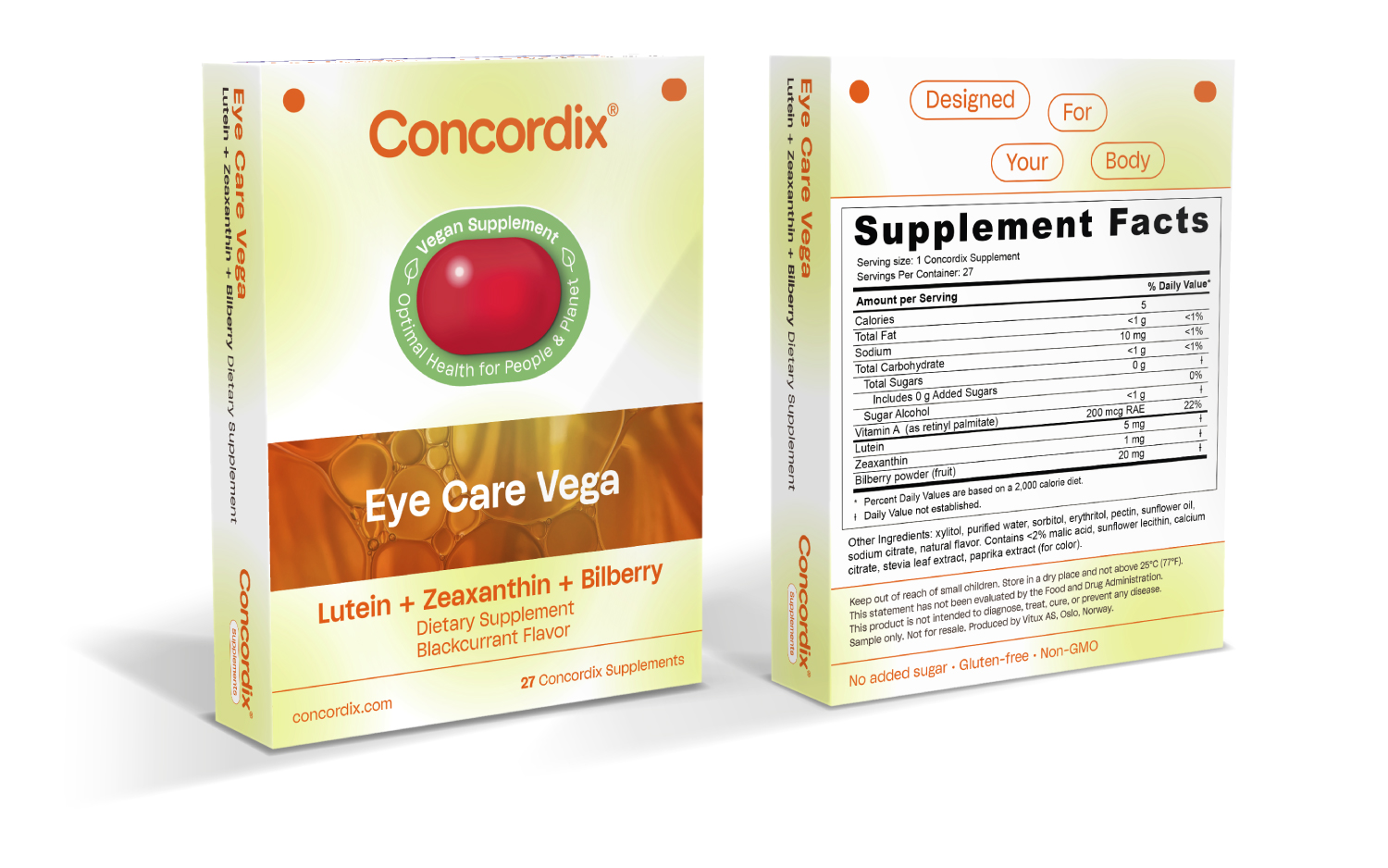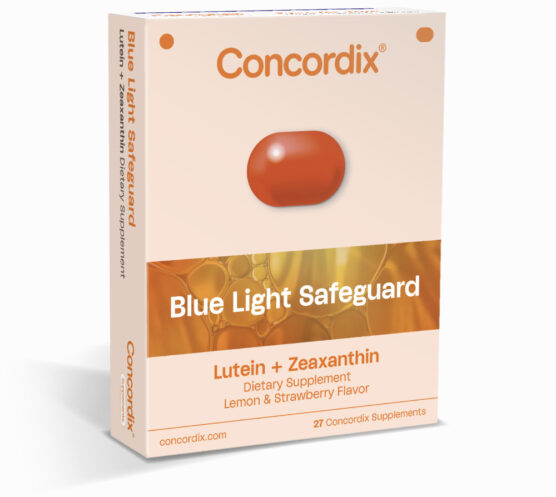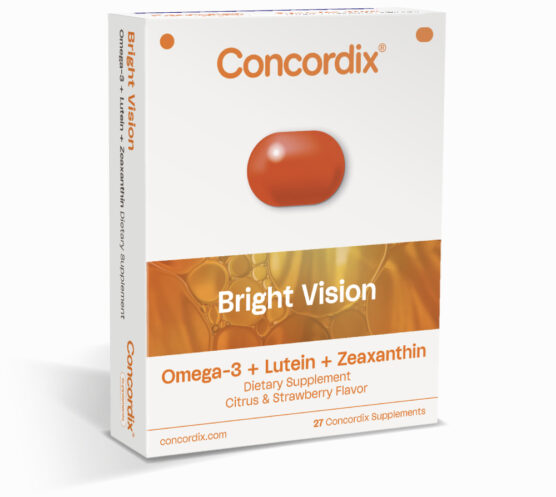Bilberry
Berries of all kinds are known for their antioxidant properties that can fight inflammation in the body. And the berry known as bilberry is no exception. This relative of the blueberry is known for its high concentrations of the antioxidant group anthocyanins (1). Because of these compounds, bilberry holds plenty of health potential.
What is bilberry?
Bilberry is a type of blueberry native to regions of Europe, Asia, as well as the Rocky Mountain region in the United States (1,2). Since the Middle Ages, bilberry berries and leaves have been used in alternative medicine for treating infections, diarrhea, burns, and vision problems, to name a few. Today, you can consume bilberry in the form of tablets, capsules, drops, or in the form of tea.
Is there research on the benefits of bilberry?
There is limited long-term research on bilberries, but the research that is present shows promise. For example, research shows that a standardized bilberry extract can improve tear secretion and antioxidant potential in those with dry eye (3).
Also, a 2018 study looked at the effect of anthocyanins and polyphenol antioxidants of the blueberry fruit family on health. Study results show that bilberry can reduce inflammation in the body, in turn protecting vision, preventing heart disease and diabetes, as well as enhancing immune system function (4).
Furthermore, a 2019 study looked at the impact of a compound including bilberry on performance. Study results show that this compound can combat fatigue and increase exercise tolerance (5).
Finally, a 2019 animal study looked at the impact of bilberry on the gut health of rats on a high-fat diet. Study results show that bilberry protects against intestinal inflammation and microbiota alterations like gut dysbiosis that high-fat diets may cause (6).
How much bilberry should I consume daily?
The suggested dosage of bilberry daily depends on the form of the berry you consume. For example, if you consume the dried ripe berry, then 20 to 60 grams daily is adequate (7). On the other hand, 20 to 60 grams of bilberry extract is recommended. Finally, bilberry tea made from 150 mL water with 1 gram of dried leaf steeped in it is enough to reap health benefits.
Side effects and safety of bilberry
In some people, bilberry extract may cause side effects like weight loss, anemia, jaundice, and effects on blood sugar levels (7). There is no data on the effects of bilberry on pregnant and breastfeeding women, so its best for such women to avoid taking bilberry. Also, children should not take bilberry in any form. Although bilberry is not known to interact with any medicines, you should still consult your doctor before taking bilberry.
Bottom line
Bilberry is an important fruit that shows great potential in reducing inflammation in the body. Therefore, if you and your doctor feel this compound could benefit your health, then add a supplement containing bilberry to your daily routine.
References
1. National Center for Complementary and Integrative Health (last modified October 17, 2016) “Bilberry.” https://nccih.nih.gov/health/b…
2. University of Rochester Medical Center (accessed January 9, 2020) “Bilberry.” https://www.urmc.rochester.edu…
3. Riva, A., et al. (May 2017) “The effect of a natural, standardized bilberry extract (Mirtoselect®) in dry eye: a randomized, double-blinded, placebo-controlled trial.” https://www.ncbi.nlm.nih.gov/p…
4. Ma, L., et al. (September 2018) “Molecular Mechanism and Health Role of Functional Ingredients in Blueberry for Chronic Disease of Human Beings.” International Journal of Molecular Sciences, 19(9): 2785.
5. Tung, Y.T., et al. (July 2019) “Antifatigue activity and Exercise Performance of Phenolic-Rich Extracts from Calendula officinalis, Ribes nigrum, and Vaccinium myrtillus.” Nutrients, 11(8): pii: E1715.
6. Liu, H.Y., et al. (October 2019) “High-Fat Diet Enriched with Bilberry Modifies Colonic Mucus Dynamics and Restores Marked Alterations of Gut Microbiome in Rats.” Molecular nutrition & food research, 63(20): e1900117.
7. RxList (last reviewed on March 22, 2018) “Bilberry.” https://www.rxlist.com/consume…





